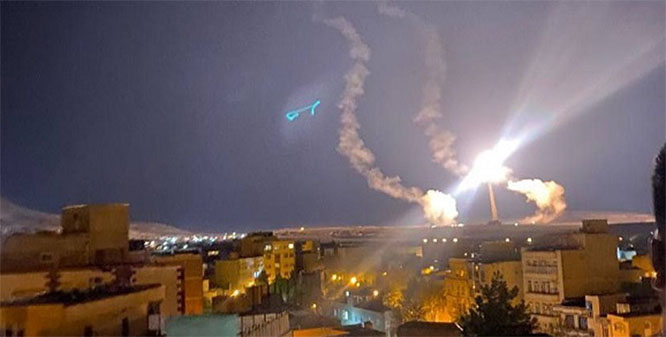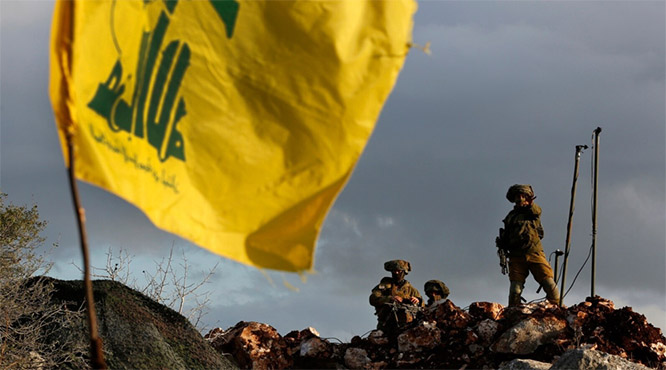Kuwait's government resigned on Tuesday, just months after its formation, opening up new uncertainty as the tiny country grapples with a worsening political crisis that has blocked critical economic and social reforms.
Kuwaiti Prime Minister Sheikh Sabah Al-Khaled Al Hamad Al Sabah submitted the cabinet's resignation to the crown prince, state-run KUNA news agency reported, ahead of a no confidence vote in Parliament later this week that sought to remove him from office.
It marks Kuwait's third collective government resignation in the past year and a half. A host of new faces, including some picks to appease opposition blocs, had been appointed to ministerial posts as recently as December, with their resignation now reflecting their failure to make reforms.
Opposition has been mounting against Sheikh Sabah. Angry lawmakers hauled him in for extensive interrogations last week over his alleged corruption and mismanagement. They publicly declared him “unsuitable” and called for a new prime minister to tackle the country's problems and secure badly needed reforms.
Cabinet's resignation comes after the defense and interior ministers submitted their resignations earlier this year. Exasperated, the two senior ministers decried their inability to make anything happen in oil-rich Kuwait because of Parliament's rowdy opposition. Lawmakers increasingly in recent months have expressed their political frustrations and mistrust by questioning various unpopular ministers and stalling major projects.
Although soaring oil prices amid Russia's war in Ukraine have recently created a windfall for Kuwait, they've also served as a reminder of the nation's utter dependence on oil revenues and need to diversify. Even if the International Monetary Fund now expects Kuwait to run a budget surplus after years in the red and see its gross domestic product increase by 2.7%, it remains politically stuck.
Years of low oil prices, coupled with the coronavirus pandemic, pushed the country's account deficit to 16.6% of its GDP last year. As financial stress worsened, the government couldn't draw from Kuwait's flush sovereign wealth fund or issue debt because lawmakers have blocked a public debt law.
The parliament, a rarity in the autocratic region of Persian Gulf sheikhdoms, is empowered to pass and block laws, question ministers and submit no-confidence votes against senior officials. However, final authority rests with the ruling emir.
The financial stagnation over the past two years has spread deep disillusionment with the country's political system.







Comments
Add new comment